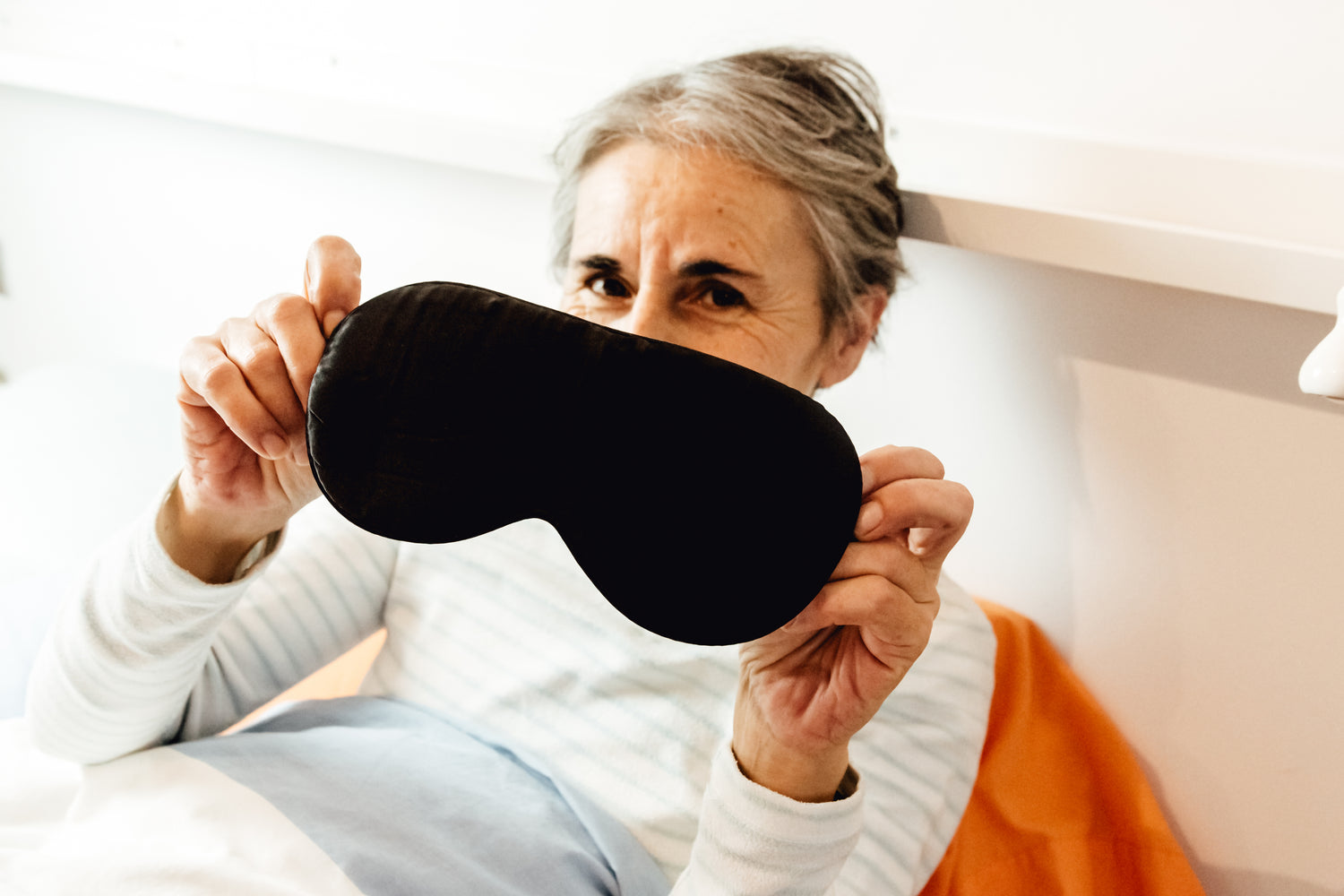Sleep Management for Pain
Sleep is a fundamental aspect of our lives that plays a crucial role in maintaining our overall health and well-being. While a good night's sleep is essential for everyone, it becomes even more critical for individuals who experience chronic pain. Pain can significantly disrupt sleep patterns, leading to a vicious cycle where inadequate sleep exacerbates pain, and increased pain further disrupts sleep. However, by implementing effective sleep management strategies, individuals can experience much-needed pain relief and improve their quality of life. In this article, we will explore the relationship between sleep and pain, and offer practical tips for optimizing sleep to alleviate pain symptoms.
Understanding the Sleep-Pain Connection: Sleep and pain share a complex and bidirectional relationship. On one hand, pain can make it challenging to fall asleep or stay asleep, leading to sleep deprivation. On the other hand, inadequate sleep can lower pain thresholds and intensify the perception of pain, creating a cycle that negatively impacts both physical and mental well-being. Sleep deprivation can also lead to increased inflammation and impaired immune function, further intensifying pain symptoms.
Tips for Sleep Management and Pain Relief:
Establish a Consistent Sleep Schedule: Aim to go to bed and wake up at the same time every day, even on weekends. This routine helps regulate your body's internal clock, promoting better sleep quality and pain management.
Create a Restful Sleep Environment: Optimize your bedroom for sleep by keeping it dark, quiet, and at a comfortable temperature. Invest in a supportive mattress, pillows, and consider using earplugs or a white noise machine to drown out any disruptive sounds.
Practice Relaxation Techniques: Incorporate relaxation exercises into your bedtime routine to calm your mind and reduce pain-related anxiety. Deep breathing, meditation, progressive muscle relaxation, and guided imagery are effective techniques that can promote relaxation and improve sleep quality.
Developing a Nighttime Ritual: It's important to establish a consistent bedtime routine that promotes relaxation and prepares your body and mind for sleep. Incorporate activities like reading a book, taking a warm bath, engaging in gentle stretching or yoga, or listening to soothing music. By consistently following this routine, your body will learn to recognize these cues as signals to wind down, facilitating a peaceful and rejuvenating night's sleep.
Manage Pain Before Bedtime: Prioritise pain management strategies before going to sleep. This may involve taking prescribed medications, applying heat or cold packs to affected areas, or using relaxation techniques specifically targeted at pain relief.
Optimise Sleep Posture: Experiment with different sleep positions to find the one that offers the most pain relief. For some individuals, using additional pillows to support the affected areas can help alleviate discomfort and promote better sleep. Watch our video for more tips on sleeping techniques.
Give Cognitive Behavioral Therapy for Insomnia (CBT-I) a Try: CBT-I is a structured therapy approach that tackles the thoughts, behaviors, and beliefs that contribute to insomnia. It has shown promise in enhancing sleep quality for individuals dealing with chronic pain.
Steer Clear of Stimulants and Electronics: It's wise to limit your intake of caffeine, nicotine, and alcohol, especially before bedtime, as they can affect your ability to sleep well. Also, the blue light emitted by electronic devices can throw off your sleep-wake cycle, so it's best to give them a break at least an hour before going to bed.
Seek Professional Help: If chronic pain continues to interfere with your sleep despite your best efforts, consult a PAIN healthcare professional. They can help identify
underlying causes, provide targeted treatment options, and suggest specialised pain management techniques.
In the quest for pain relief, sleep management is a powerful tool that should not be overlooked. By prioritising and optimising sleep, individuals with chronic pain can break the cycle of sleep disruption and pain worsening. Remember, a good night's sleep can be a catalyst for healing and overall well-being, allowing you to wake up refreshed and ready to face each day with reduced pain and increased vitality.

